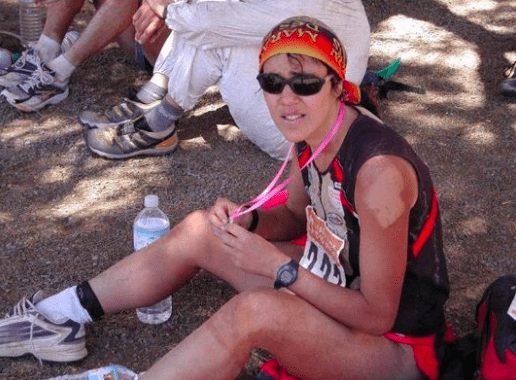Is it ok to pop the odd pill or two to take the edge off your pain so you can train harder, longer or finish that race?
Anti-inflammatory tablets that you can buy over the counter seem like a god send when you have muscle soreness, inflammation from training, or minor injuries but there are dangers and reasons why you shouldn’t just grab to a pill next time you have a minor ailment.
I have taken anti-inflammatories like ibuprofen or nurofen, voltaren and the likes (NSAIDS for short or non steroidal anti-inflammatory drugs) during ultra marathons when I have been desperate and in pain but sometimes I have come had consequences from that and it most certainly isn’t ideal. While they may mask the pain enough to get you through the critical part of a race and that can be valuable if its a really big goal and you aren’t too far away from finishing but beware you could be making the injury worse as you can push further than you reasonably should and cause more damage, also in long races especially your body is under huge strain already and these drugs can have an adverse effect on your digestion, cause stomach upsets and is just another thing that your poor organs like your liver have to deal with when they are often pushed to the limits anyway.
During the Manaslu trail race which was a 9 day race around the Manaslu massive, at altitude in the Himalayas and I had extreme back problems I was given Tramadol (not available over the counter but I wanted to illustrate a point) the results were devastating at altitude and I had hallucinations, kidney problems and I turned super aggressive and tried to fly off cliffs and beat people up It was bad and very frightening . The effect of the drug which I have been told is like a synthetic morphine combined with altitude, freezing temperatures, extreme fatigue was a near deadly combination. Ok so that isn’t just popping a nurofen so you can get through your long run of the week but it is a warning. Don’t trick your body by using painkillers to get you through or if you do, do it with your eyes open and know the consequences and the signs of problems and be careful.
So lets look at inflammation and the role it has in the body.
Firstly its a natural immune system response to damage in the body and it isn’t necessarily a bad thing. Its actually your body recognising damage and sending specific cells that attack the injured areas by increasing blood flow which of course produces swelling and stimulates the nerves resulting in pain. So it is the body trying to start to heal itself. Where inflammation becomes problematic is when it becomes chronic in the body but that is a subject for another article. ‘
So inflammation is essential to heal injuries and its also important for your body to deal with normal training adaptations. When you work out you create small micro-tears in the muscles, now don’t panic, that is normal and is the effect we want however, the way the body deals with that damage is to cause inflammation. The harder you run or workout the more violently you are contracting the muscles and the more the damage and the more the training adaptation you can expect.
So these tears stimulate the inflammatory response, signalling the body to deliver more resources, oxygen, blood and nutrients to cause healing. By taking the anti-inflammatories you prevent this and so slow the healing process and nullify or mitigate the training adaptation effect you are working out to achieve. So don’t hinder your efforts by using these drugs on a regular basis.
It is perhaps ok to use anti-inflammatories if you have an acute injury like a sprained ankle, in the initial phase to stop an over response from the body which can actually have detrimental effects hence the old rest, elevate, ice and compress regime as this too limits the inflammation.
If you use anti-inflammatories in the initial phase of an injury though don’t get back out there too soon and cause more damage and dont use them for more than 2 or 3 days, i.e. just in that initial inflammatory response phase.
Recent studies have proven that usings anti-inflammatories after exercise slows the tissue repair and cancels out the adaptations you were wanting.
